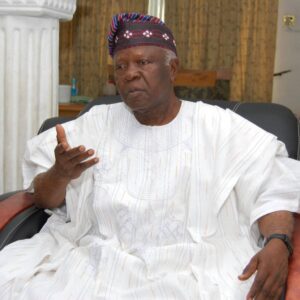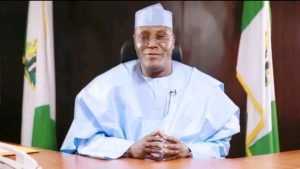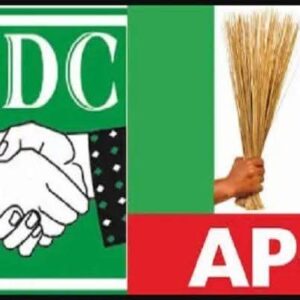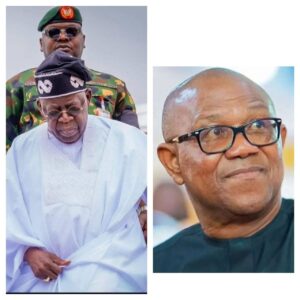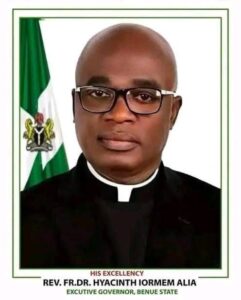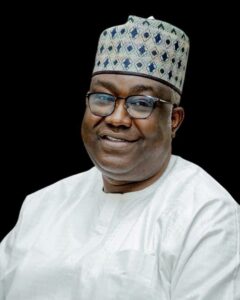ANALYSIS OF THE KWANKWASIYYA ADMINISTRATION IN KANO STATE
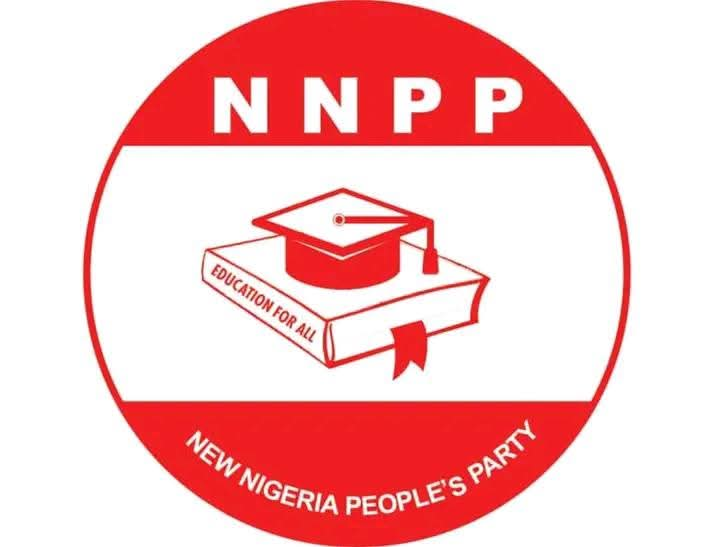
By Adamu Aliyu Aliyu/ABUJA//
The Kwankwasiyya sect in Kano State appears to be facing significant challenges in their political future. Some key points to consider:
– *Lack of a strong political party*: The Kwankwasiyya group’s loss in the legal battle over the ownership of the New Nigeria Peoples Party (NNPP) to the original founder of the party has rendered NNPP unavailable as a platform for them. The removal of the new NNPP logo by INEC, previously inserted by the Kwankwasiyya group, is clear evidence of their loss. Without a robust political party, their ability to contest future elections effectively might be compromised. This is particularly concerning as they approach the 2027 election year.
– *Controversial decisions*: The demolition of Filin Idi Mosque, residential houses, and allegations of fund misappropriation have likely strained relationships with the business community and the general public.
– *Strained relationships with security agencies*: The administration’s lack of experience and technical know-how in public governance may have contributed to tensions with security agencies.
– *Disharmony with the people of Kano*: The scrapping of the five emirate councils has been a contentious issue, potentially exacerbating existing tensions.
Furthermore, the administration’s performance in governing the state has been called into question. Some notable concerns include:
– *Lack of project completion*: The inability to complete capital projects worth over ₦1 billion in two years raises concerns about their competence in public governance. Abandoned projects are visible throughout the state, highlighting their ineffectiveness.
– *Strained relationships with federal agencies*: The administration’s strained relationships with federal agencies and uncomplimentary remarks about the federal government may impact their ability to secure support and resources.
Given these challenges, it’s no surprise that the administration appears to be confused and desperate. Allegations suggest that they have been shuttling between Kano and Abuja, appealing to the federal government to allow them to defect to the ruling party, APC. The state governor is reportedly making advances to prominent APC bigwigs, begging the President to permit their defection within the next two months, August to September.
However, this move may be complicated by conflicting interests, particularly given the governor’s godfather’s reported presidential ambitions. Moreover, their dubious political character has created a wider political gap with stakeholders in PDP and other opposition groups, making it challenging to form alliances.
The governor’s desperation is palpable, with allegations of visiting Abuja 12 times within 7 days to meet with APC bigwigs, despite facing strong resistance. Their actions suggest a sense of urgency and panic as they navigate the complexities of Nigerian politics.
*Internal Wrangling and Defections*
The situation is further complicated by internal wrangling within the Kwankwasiyya group. Some key issues include:
– *Sidelining of political appointees*: Commissioners not receiving funding for their ministries and heads of agencies being blocked from accessing the governor or their commissioners may lead to discontent and undermine the effectiveness of the administration.
– *Abandonment of youths*: The alleged abandonment of youths who were coerced into joining the group across the 44 local governments may lead to disillusionment and defection.
– *Selective allocation of projects*: The selective allocation of renovation works funded by development partners to few locations, abandoning rural areas, may exacerbate existing inequalities and create further discontent.
– *Mass defections*: The daily defections of Kwankwasiyya youths to APC, facilitated by prominent APC stakeholders from Kano, suggest a loss of confidence in the Kwankwasiyya leadership.
The fact that few APC members have joined the Kwankwasiyya government while many Kwankwasiyya members are defecting to APC is a telling sign of the administration’s struggles. These internal challenges, combined with the external pressures, may further destabilize the Kwankwasiyya leadership.

